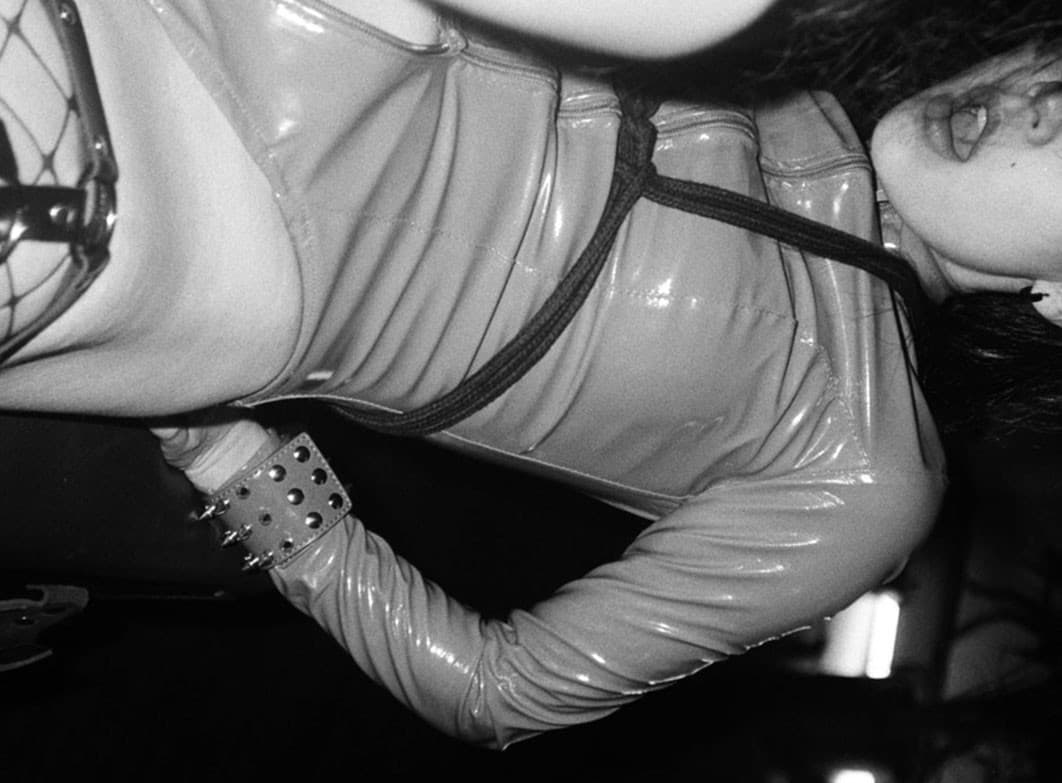

Kink Outside the Box
Women are claiming their rightful place in kink – and whether that’s on top or under someone’s boot is entirely up to them.
March 30, 2021


Women are claiming their rightful place in kink – and whether that’s on top or under someone’s boot is entirely up to them.